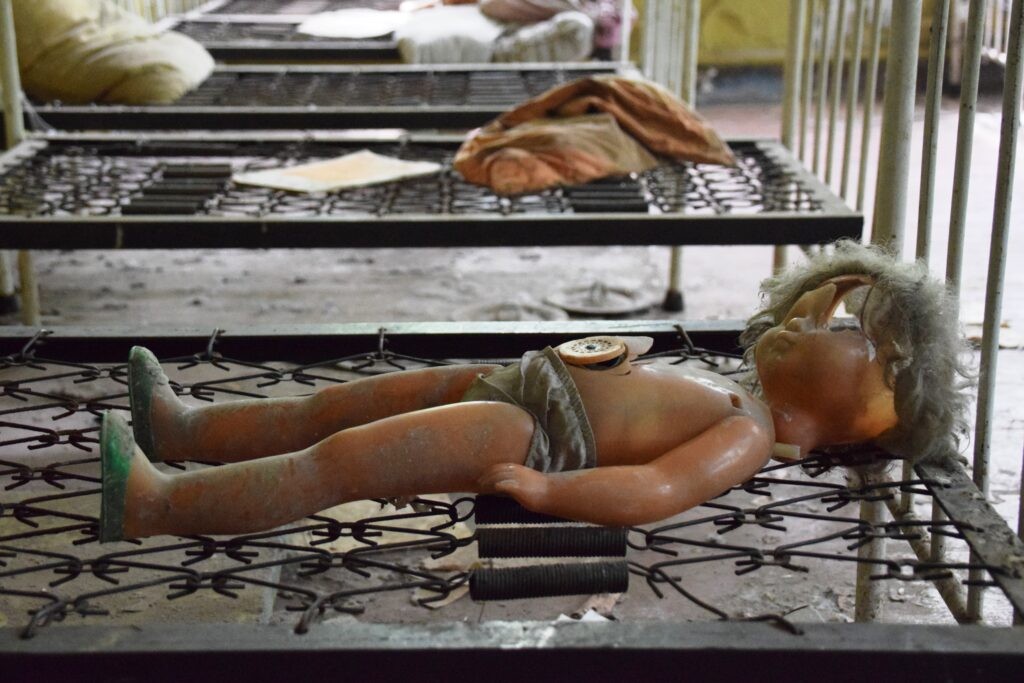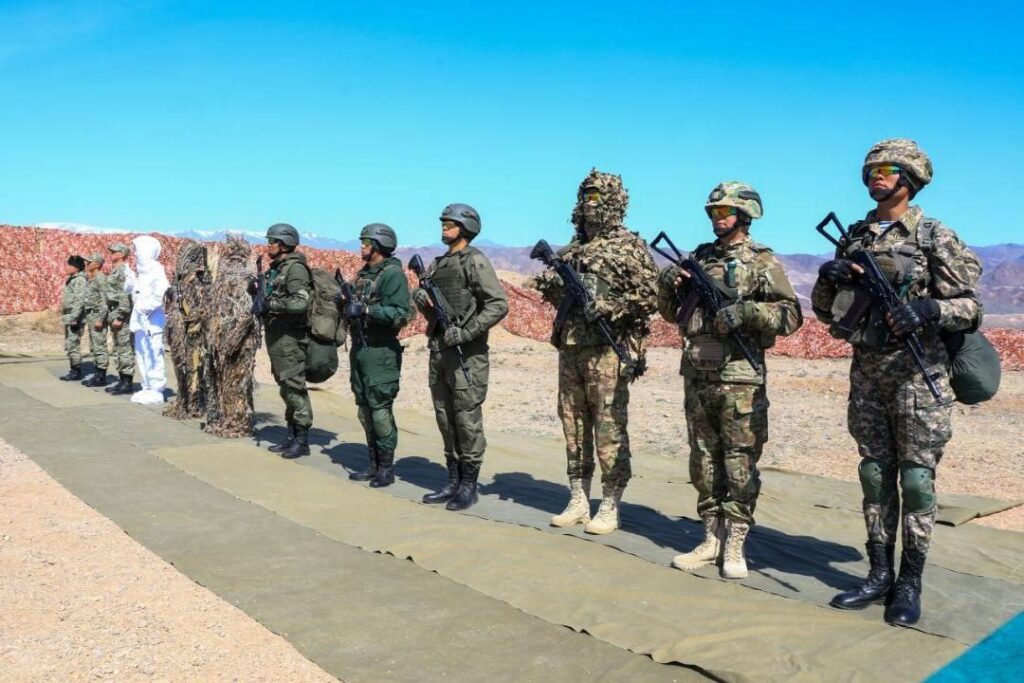Turkmenistan To Harness Technology and Algae to Combat Desertification
The International Scientific and Technological Park of the Academy of Sciences of Turkmenistan has received the copyright for the innovative development of nanocomposite material technologies based on blue-green algae (cyanobacteria). The development - which can improve eroded sandy and desert lands in dry steppe and desert zones - is designed to control desertification, wind erosion, and sand migration. This material can also be used as a raw material for producing construction materials and bio-products, which opens up a wide range of opportunities for its use. “Movable bare sands cause significant damage to the national economy, often covering agricultural lands, rivers, water bodies, canals, transportation highways, irrigation facilities and other objects. Therefore, controlling wind erosion and fixing sand are important tasks. We have proposed an effective way to combat desertification using blue-green algae (cyanobacteria),” said Altyn Rakhmanova, Head of the Biotechnology Department of ANT International Science and Technology Park. Cyanobacteria play a crucial role in soil improvement by participating in biochemical processes, accumulating substances and nitrogen, and destroying minerals. Their vital activity contributes to environmental changes and soil formation, especially by forming various overgrowths on its surface. Turkmenistan is actively combating land degradation following the UN Convention to Combat Desertification and the National Action Program to Combat Desertification (NAPCD), which includes reforestation. In May 2024, the State Program for Integrated Development of Biotechnology in the Country for 2024-2028 was approved; one of the plans is to study and apply algae. The application of biotechnology for the development of new materials offers a promising and effective solution.
4 months ago






